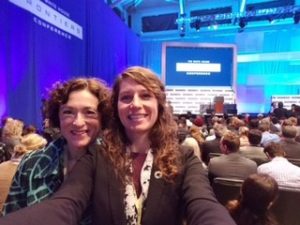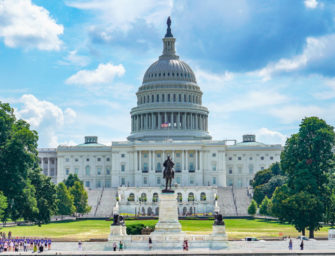Teachings from the White House Frontiers Conference
This past week I had the privilege to attend the White House Frontiers Conference in Pittsburgh. The conference focused on how investments in science, technology, and innovation are leading to promising discoveries for climate change mitigation and adaptation, the development of smart cities, and better treatments of chronic diseases.
Pittsburgh proved to be an ideal setting for this conference. I grew up outside of Pittsburgh and recall the vibrant steel industry that fueled the economic engine for many yet, turned the skies bright orange. I witnessed high school classmates who had to face the reality that the solid middle class provided by the steel industry would not be in their future when the industry collapsed in the 1980s. It was a very difficult transition and many were displaced. However, by relying on the strong base in high quality medical centers (for example, Pittsburgh pioneered heart valve replacement surgery that we now take for granted) and renowned universities and marrying that with investments in technology and innovation, Pittsburgh is now a vibrant metropolis and an example of what a 21st century sustainable city can be.
At the Frontiers Conference I participated in the global track, which focused on climate resiliency. The various speakers and panelists, followed by breakouts, spurred us to think about how redefining problems in new ways enables breakthrough thinking, how big data and cloud computing in open source environments allow anyone to create useful tools and applications at the community level, and how partnerships like AGU’s Thriving Earth Exchange with MIT Climate CoLab, and other public and private partners, connect science to local decision makers for planning community scale solutions.
President Obama spoke late in the day and he summed it up perfectly. I’ve paraphrased his message below.
Innovation is in the DNA of the United States and science is fundamental. Only with science can we get cleaner sources of energy and save our planet, and have the capacity to re-engineer our cities, tackle diseases, and keep our competitive advantage.
Postscript: You can learn more the exciting work underway in Pittsburgh by AGU’s Thriving Earth Exchange.




There are no comments
Add yours